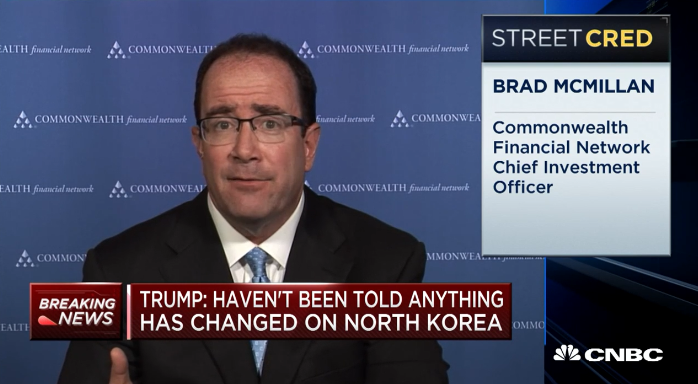Given what I do all day, you might imagine I have this investing thing all figured out. In fact, I probably wrestle with it more than most people. Part of what I do is think about many different types of investments and strategies. With all of those options in my head, it can be hard to make decisions about what is best, for me, at any given time and situation. Right now, for instance, I am in the process of putting what is (for me) a largish amount of cash to work. Do I buy in, despite my concerns about valuations? Do I wait and forgo any interim returns? If I decide to buy in, what should I buy?














